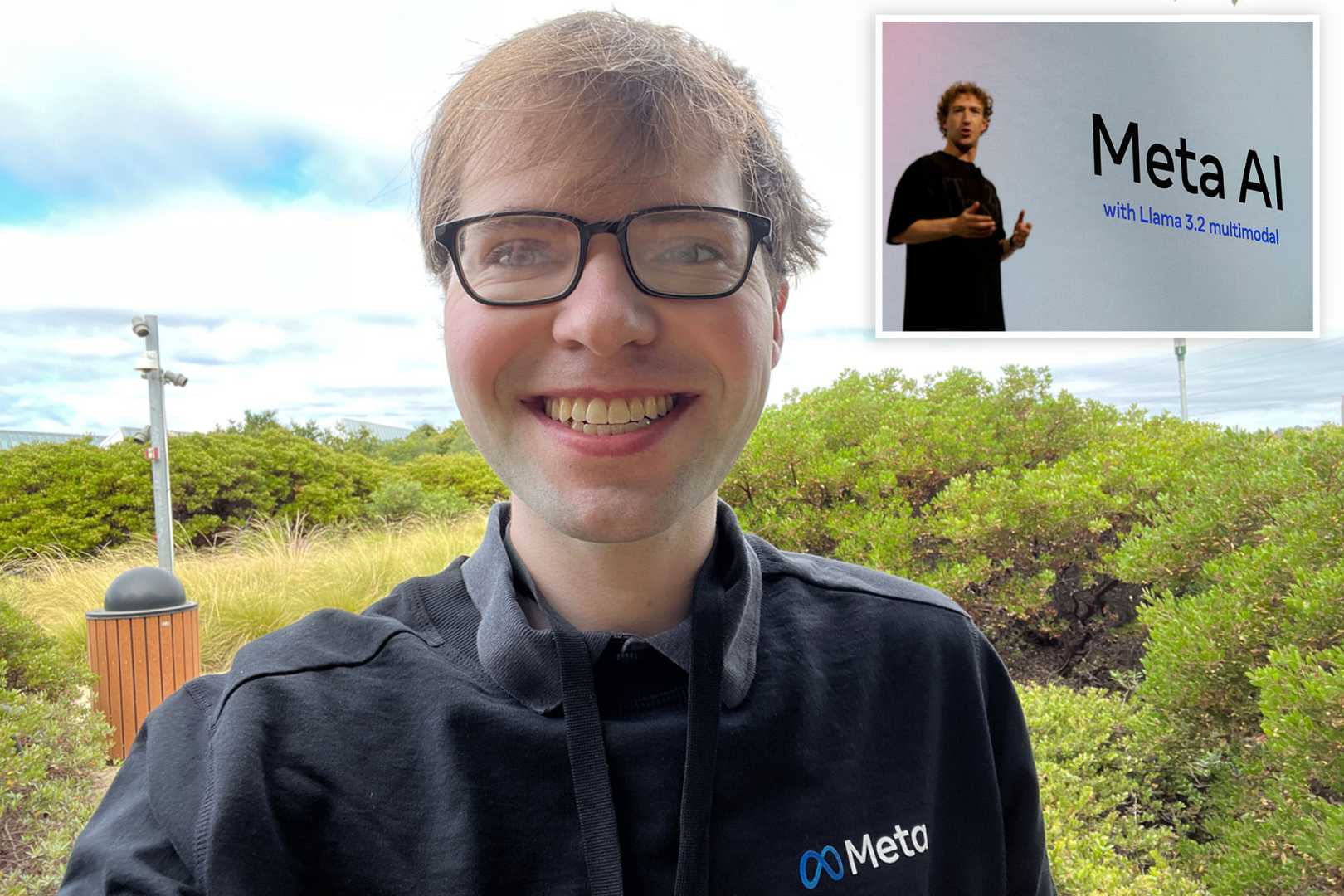Business
Silicon Valley AI Researcher Lands Record $250 Million Deal

MENLO PARK, Calif. — Meta AI researcher Matt Deitke has reportedly signed a groundbreaking contract that could net him $250 million over four years. This compensation includes an average of $62.5 million annually, with a possibility of earning $100 million in his first year alone. Such figures far exceed past records for salaries in scientific and technical fields.
The New York Times highlighted Deitke’s expertise in developing multimodal AI systems, skills that make him highly desirable in the competitive tech landscape. He previously co-founded a startup and contributed to creating AI systems at the Allen Institute for Artificial Intelligence.
Meta CEO Mark Zuckerberg has also made headlines by offering another unnamed AI engineer an astonishing $1 billion compensation package over several years. These staggering sums underscore the fierce competition among tech giants, including Meta, Google, and OpenAI, to pioneer artificial general intelligence (AGI)—machines capable of human-level intellectual tasks.
Comparing historical salaries reveals the enormity of today’s compensation. For context, J. Robert Oppenheimer earned approximately $10,000 annually during the Manhattan Project in 1943—a figure that adjusts to around $190,865 today. Deitke’s potential earnings are about 327 times higher than what Oppenheimer made while developing the atomic bomb.
The sports world provides another comparison; for instance, NBA star Steph Curry‘s recent four-year contract with the Golden State Warriors was worth $35 million less than Deitke’s package. Observers have labeled this period an ‘arms race’ for talent, with AI researchers surpassing even the highest-paid athletes.
Zuckerberg expressed confidence in AI’s potential, stating, “Superintelligence is going to improve every aspect of what we do.” His commitment to AI development reflects how companies perceive these researchers as vital assets in the quest for transformative technology that could reshape entire industries.
The current landscape offers unique economic factors. Unlike historical scientific projects like the Manhattan Project, the present AI race features multiple trillion-dollar companies competing for a limited pool of specialized talent. This exclusivity is driving unprecedented pay for researchers who can contribute to AGI.
As the competition fosters high stakes, informal networks have emerged among young researchers, who share job offers and negotiation tips. Companies are not only offering hefty cash and stock options but also vast resources for AI development.
The ambitions surrounding AI could lead to advancements unimaginable in prior decades. The race for AGI reflects a desire to innovate beyond previous limits, fundamentally altering the landscape of work and economy, with some experts warning that this technology could replace many jobs.
Deitke’s acceptance of his record-setting deal has spurred conversations about the future of AI and talent compensation in Silicon Valley, where the implications of such astronomical salaries continue to reverberate across the tech industry.












